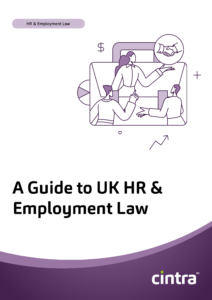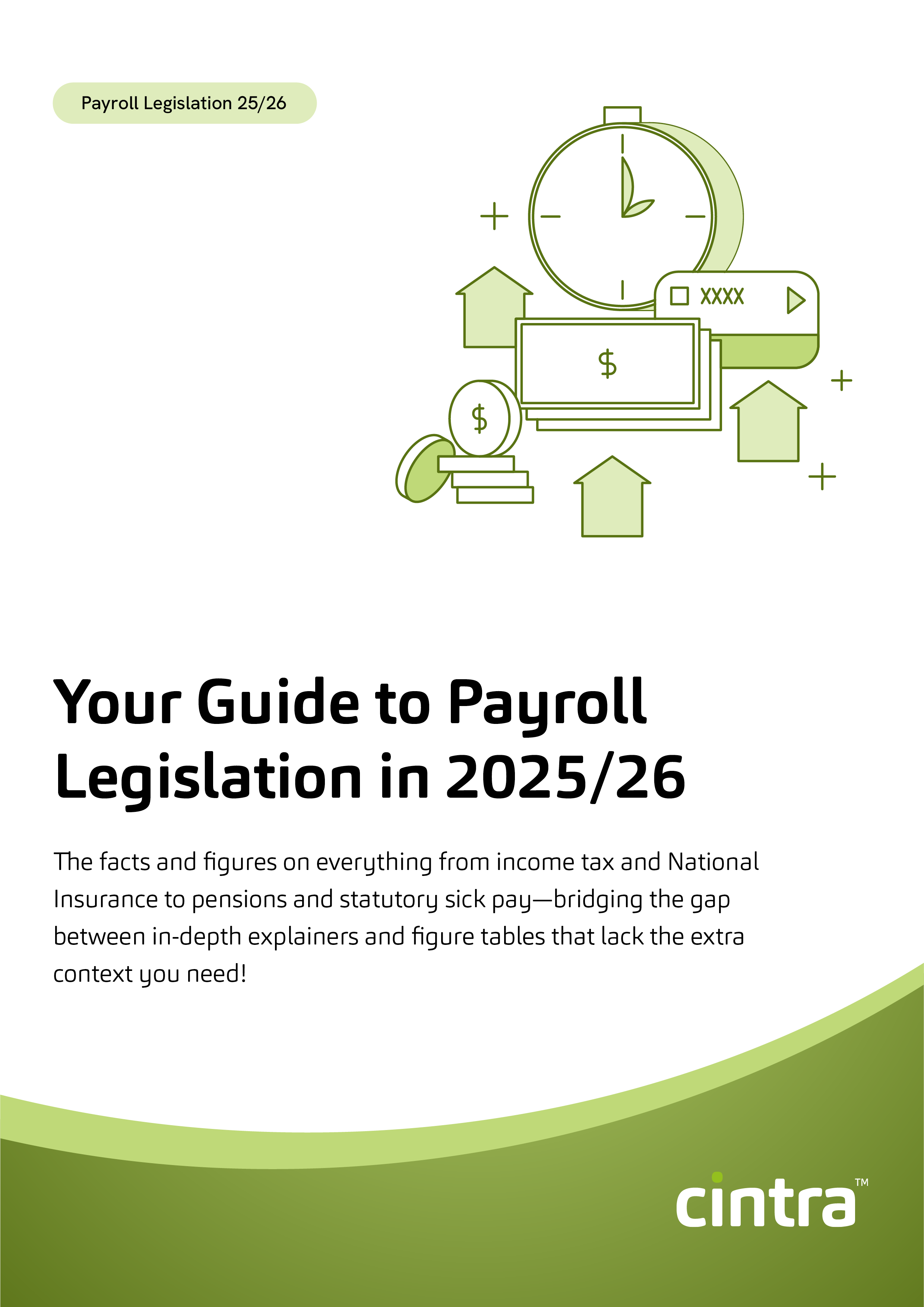How confident are you that your business would pass a sexual harassment audit?
This is not just a question of compliance but a critical aspect of workplace safety and culture.
A recent 2023 poll by the UK’s Trade Union Congress revealed a startling statistic: 58% of women, rising nearly two-thirds (62%) of women aged 25 to 34, have experienced sexual harassment, bullying, or verbal abuse at work. These numbers are a wake-up call for employers across all industries.
And thanks to new legislation coming into force in October 2024, employers are required to take a more proactive duty in preventing sexual harassment at work.
What’s changing in sexual harassment law?
Starting on October 26 2024, the Worker Protection (Amendment of the Equality Act 2020) Act 2023 will come into effect, shifting the responsibility of employers from reacting to incidents of harassment to actively preventing them. The Act is a significant move towards creating safer workplaces, mandating that employers take “reasonable steps” to prevent sexual harassment.
Failure to comply with these new regulations could be costly; employment tribunals may apply compensation uplifts of up to 25% if a harassment claim is upheld. Additionally, the Human Rights Commission will have the power to enforce compliance, ensuring businesses meet their legal obligations.
Get the latest HR updates, straight to your inbox
Get the latest HR insights and best practice guides, direct to your inbox.
What are your current legal obligations?
As it stands, employers are vicariously liable for harassment by employees, including sexual harassment. To defend against claims, employers must prove they have taken “all reasonable steps” to prevent such behaviour. This typically includes:
- having comprehensive policies on workplace behaviour, harassment, and inclusion,
- offering training programs for both managers and employees.
What are your new legal obligations?
The new law focuses heavily on preventing harassment before it happens. While explicit third-party provisions were removed from the final Act, the new mandatory duty still requires employers to manage the risk of third-party harassment. This broader duty raises the key question: What will constitute “reasonable steps”?
The answer to that will vary depending on your work environment and specific risk factors. But one thing is clear—employers will need to take an organisation-wide approach, embedding anti-harassment principles into their overall business culture.
Steps you should take now:
- Conduct a risk audit: Assess where, and under what circumstances, employees might be exposed to harassment. Are your policies clear, and are they being effectively communicated across your workforce?
- Review your complaint procedures: Make sure that your process for handling complaints is clear, objective, and timely. A transparent process can prevent further issues and demonstrate your commitment to a safe workplace.
- Host listening sessions: Engage with your staff to understand their experiences. Honest feedback can help you identify themes and risks that need addressing through education and policy changes. It can also provide a benchmark for future improvements in workplace behaviour.
What’s next in sexual harassment law?
The changes under the new Act may not be the final step in tightening workplace regulations. The government’s upcoming Employment Rights Bill is expected to impose even stricter requirements, pushing employers to adopt proactive measures to prevent harassment. With these evolving standards, now is the time for businesses to reassess and upgrade their policies and procedures.
Prepare now for future compliance
The upcoming changes demand that businesses act now to avoid future penalties and foster a safe, respectful work environment. If you want to stay ahead, it’s crucial to ensure your policies and training programs meet these higher standards.
Want to learn more? Register for our upcoming webinar, “The New Sexual Harassment Legislation Explained – Are You Ready for 26 October 2024?” on October 17 at 2 PM.
This proactive approach will not only help you navigate legal changes but also create a safer, more inclusive workplace for everyone.

HR & Employment Law Guide
Grab your accessible summary of guidance and insights about where HR practices meet employment law.
Download your buyers guide


